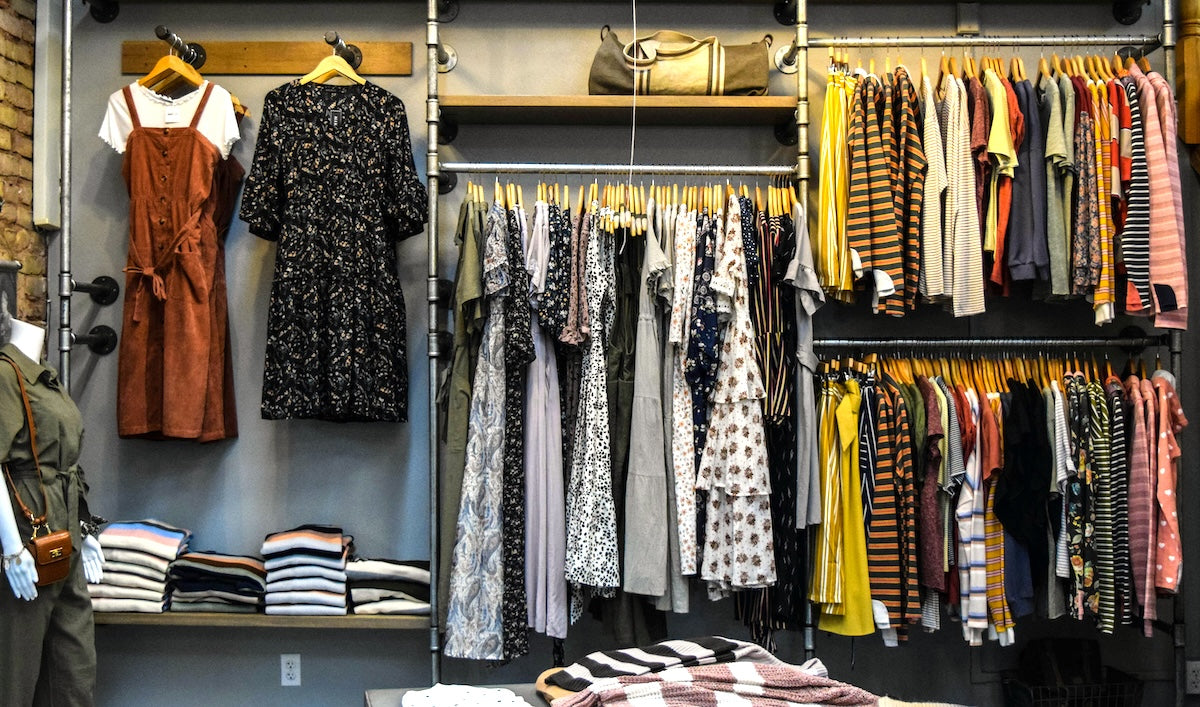
Wishful Spending vs. Investing In What You Already Like
Spring is peeking in (in some places) and eventually coming (in others). One thing I know I will not be doing… is gardening. For many years, I didn’t do gardening well, and I did not do well by gardening. The sum of it all was essentially: I would rather spend my attention elsewhere (and I did… to the wilting demise of my unattended plants). For years, though, I liked the idea of gardening, and so I thought that if I only had the right tools, the right plants, the right materials, then the project would be a success.









